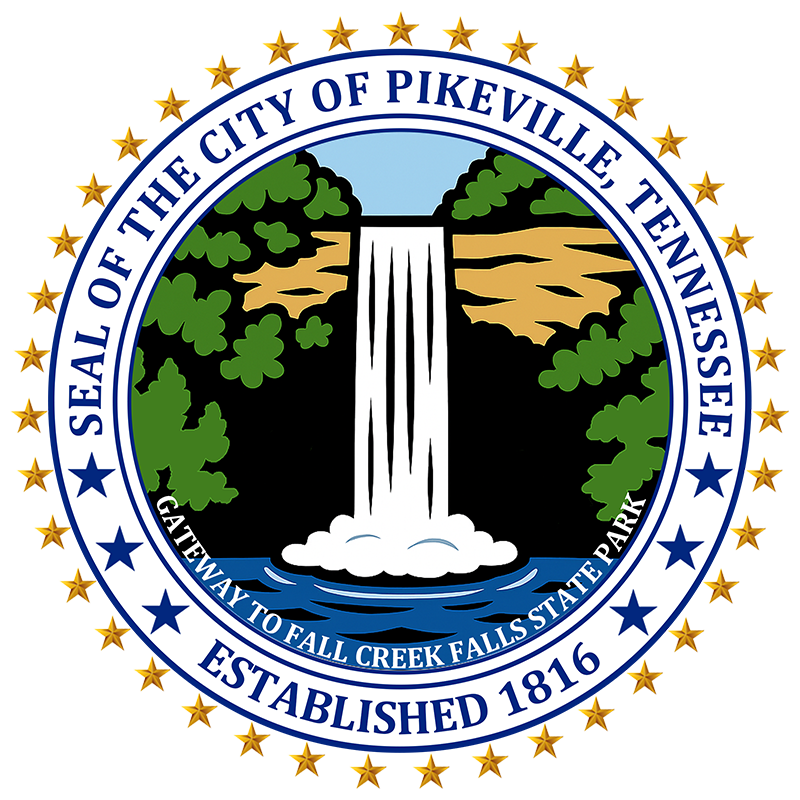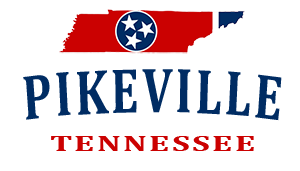Wastewater Department
Pikeville, Tennessee

Pikeville Wastewater Department
Glossary of Wastewater Terms and Terminology
Below is a list of popular Wastewater terms and terminology to assist you in understanding this department. If you do not see what you are looking for, please contact Customer Service at (423)447-2919.
Advanced Primary Treatment
During wastewater treatment at the Pikeville Wastewater Treatment Plant, ferric chloride and organic polymers are added to the sedimentation tanks to help waste particles bond together in large enough masses to settle out.
Bio-solids
Nutrient-rich, organic material generated from household waste, removed during the treatment process. Once digested and de-watered, the material, called Bio-solids, can be beneficially recycled.
BOD (Biological Oxygen Demand)
Rate at which organisms use oxygen in water and wastewater.
Congeneration
Co-production of electrical and thermal energy, also called combined heat and power (CHP).
Digestion
Process by which organisms break down sludge, creating as by-products methane gas, carbon dioxide, solid organic material and water. (Aerobic digestion takes place in the presence of oxygen and anaerobic digestion takes place with the absence of oxygen.)
Disinfection
Final step in the tertiary wastewater treatment process, when chlorine or sodium hypochlorite is added to the treated wastewater to kill disease-causing organisms. Ultraviolet light is another means of disinfection.
Effluent
"Cleaned" wastewater which flows out of a treatment plant.
F.O.G.
Fats, oils, and grease from food preparation, packaged foods and food scraps. FOG is discharged not only by residents, but also by businesses.
Grit Chamber
Tank in which the flow of wastewater is slowed, allowing heavy solid materials such as pebbles, sand, coffee grounds and eggshells to sink to the bottom.
Headworks
Area of a treatment plant where influent begins treatment.
Influent
Untreated wastewater when it flows into a treatment plant.
Influent Screens
First step in the wastewater treatment process. The screen consists of bars between ¾ inch and 3 inches apart. Wastewater is allowed to pass through the bars, but large solid objects such as rocks, cans, plastic bags and sticks are stopped.
MGD
Million Gallons per day - 694.4 gallons per minute.
Raw Sewage
Untreated wastewater.
Reclaimed Water
Product produced by tertiary treatment of wastewater.
Run Off
Rainfall or other water that is not absorbed into the soil and drains off the street or land. This runoff moves through the Storm Drain system, not the sewer system.

Customer Service:
Our Utility Customer Service team is here for you and ready to answer questions regarding your utility account, respond to your emergency, and help you save money. From Payment Options, Starting a New Utility Service, Disconnecting a Utility Service, Transferring a Utility Service, to providing many other resources, For all of your utility customer service needs, please visit our webpage: Utility Customer Service.
